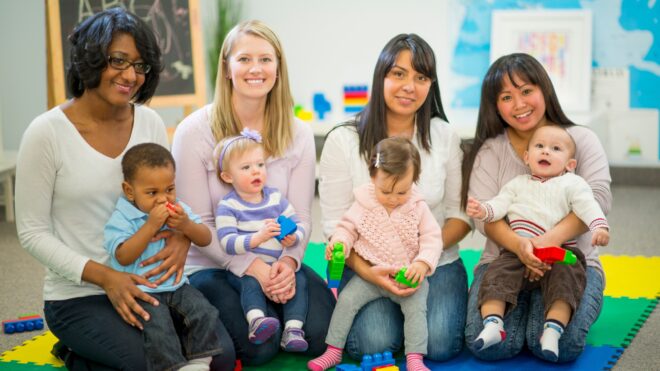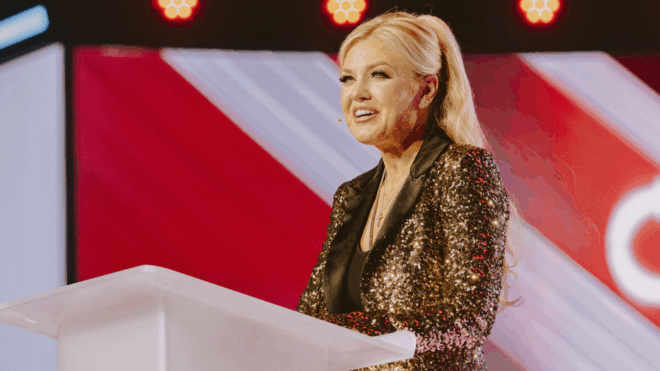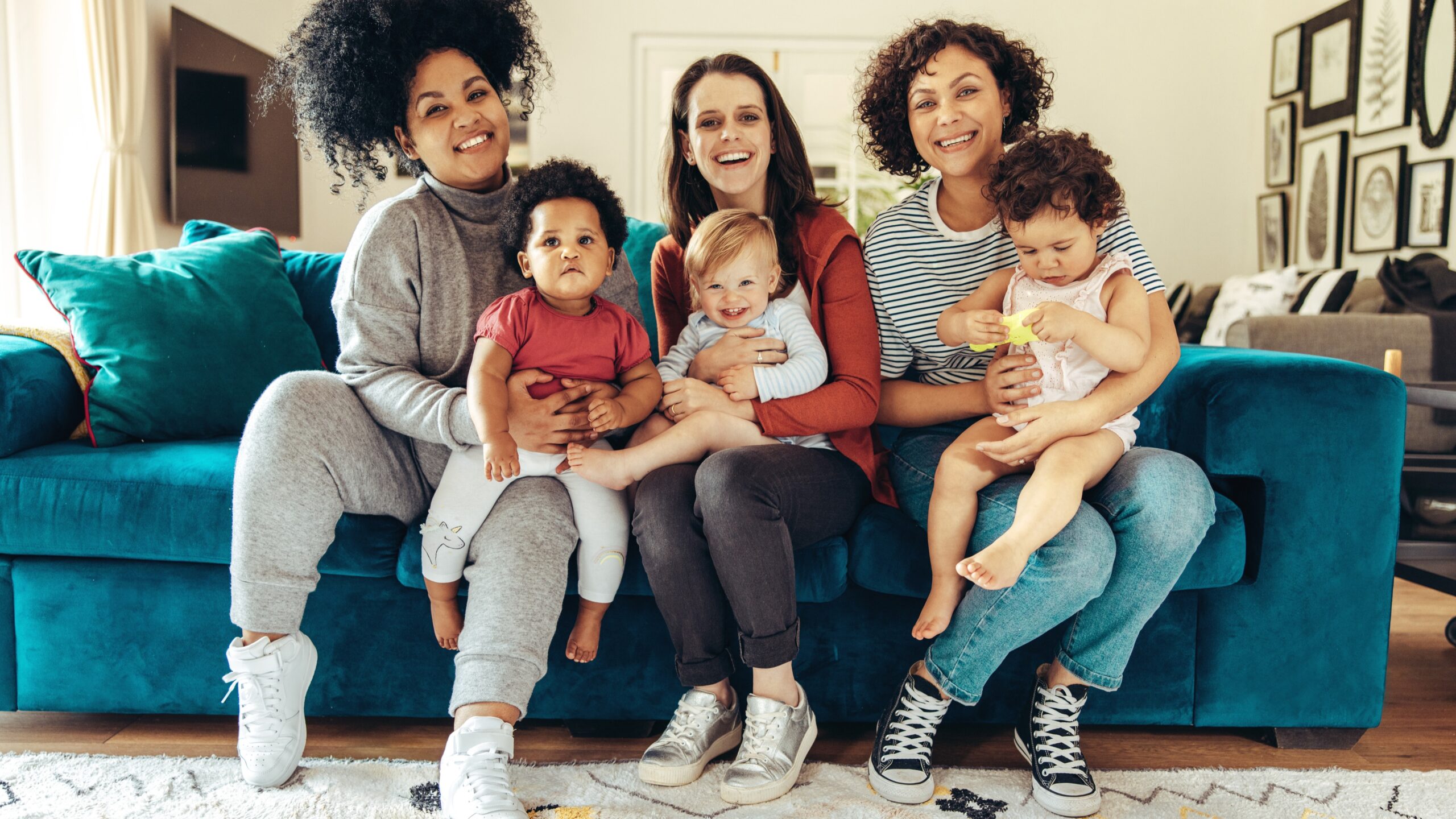
Motherhood changes our friendships. It’s not uncommon to lose touch with single or childless friends once you become a mom. We’re in survival mode as we learn to navigate newborns and then go back to work along with motherhood, to name just a couple challenges. As our kids get older, we tend to socialize with other families that have kids around the same age. And once our kids are in school, we’re sizing up the moms during pickup to see who we might have something in common with, and we hope our kids become friends. Sometimes the only interactions we have with other adults are directly tied to our kids. But if we’re not engaging in intimate friendships, we might feel lonely, or that something is lacking. Bottom line: Moms need to maintain and form friendships.
Creativity and communication coach and speaker Nina Meehan reminds us, “Our kids are amazing, but they are not our friends; that is a different relationship. We have to always be parent — even when we are having fun with our kids, we can’t ever truly let go. With friends, we can just be ourselves with no agenda and no obligations.”
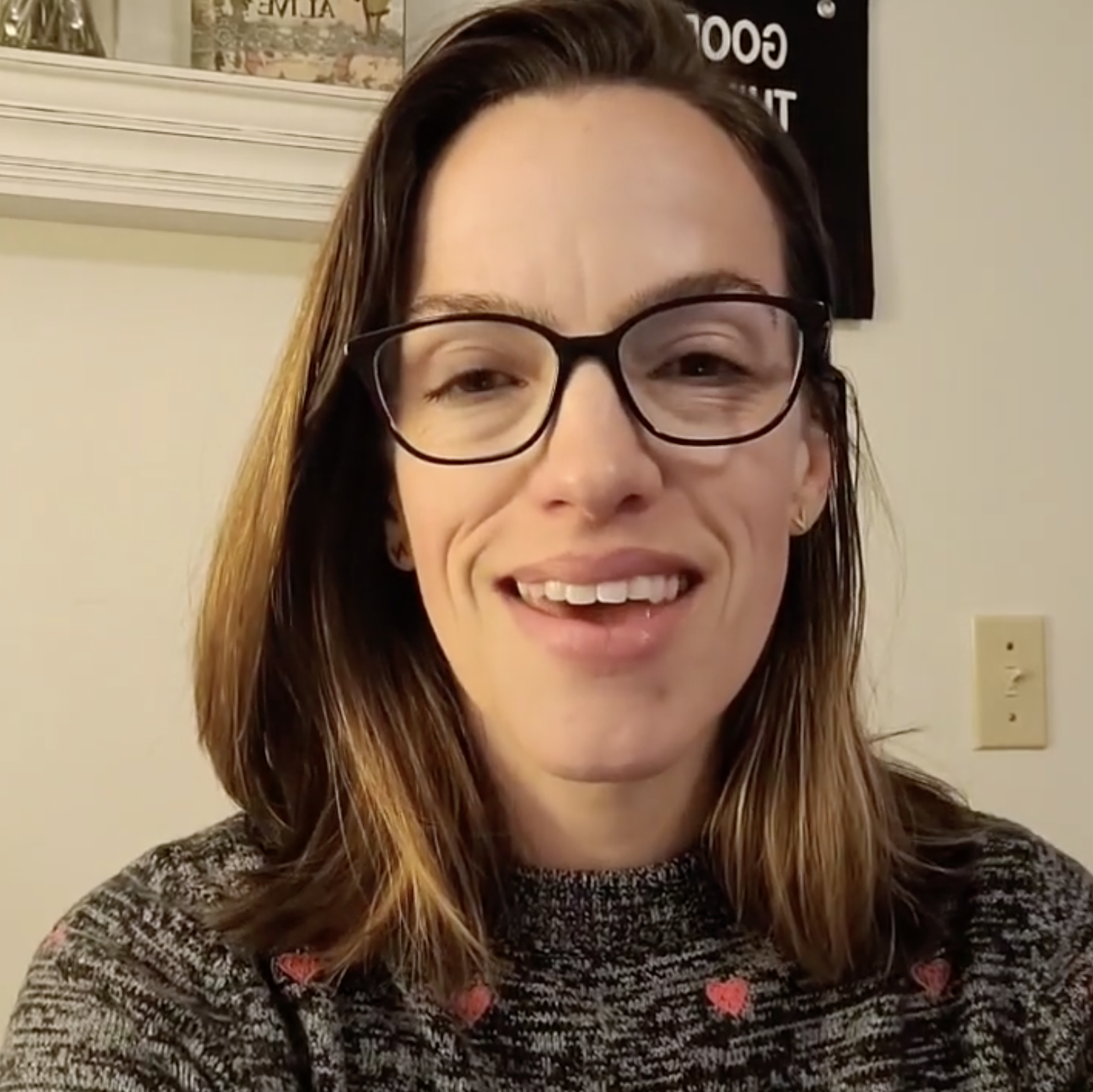
Sarah Baroud, LICSW, therapist, and owner of Practice Makes Present, LLC, adds, “No one person can or should be our ‘only person.’ Even with a dedicated, supportive partner, we should have other people in our life to share experiences with. Especially as a mom, with so much that we are navigating and carrying — mentally, physically, and emotionally — it feels good to vent, chat, and give/receive support from other moms who understand the role. Sharing experiences, hardships, questions, and worries with friends is so important as the primary caretakers for our family.”
Single or divorced moms may face other challenges in maintaining friendships. Ilyssa Panitz, "The Divorce Journalist," notes, “I always say, family first, but to survive and thrive from a divorce, kid drama, town gossip, the pressures from the office, and the responsibilities on the home front, we need our girlfriends.”
Friendship and healthy relationships expert and author of books including Frientimacy: How to Deepen Friendships for Lifelong Health and Happiness, Shasta Nelson tells LittleThings, “Though many of us have friends and friendships we care about, we don’t necessarily feel the depth of intimacy we’d like to feel. This friendship intimacy, or 'frientimacy,' is a gap between the kind of friendships you want to have and the ones you do have. This isn’t to say your friends aren’t great people, or that you’re not a great friend. This is to say that, if you’re like most people, something in you knows that you have the capacity to both give and receive far more support, love, and intimacy than you currently enjoy. This is because we’re social beings. We don’t just thrive on feeling emotionally connected to others; research shows that we’re wired to connect with others — that we actually function best when we feel we are woven tightly into relationships. Unfortunately, too often in this day and age we feel less connected than we’d like — no matter how many social media friends or connections we have.”
Shari Leid, life coach and author of books including The 50/50 Friendship Flow, tells LittleThings, “As a life coach who works with moms, when I have a client who feels guilty when she chooses to spend time with friends, I remind her that her relationships with friends is important for her children to witness — as she is a role model that her children look to when figuring out how to develop and nurture their own friendships. I also remind my clients that it is important for children to see that their mom holds value outside of the home, which includes witnessing how their mom is appreciated and loved by her friends.”
Leid points out that friendships may also improve your health. “As noted in a January 2022 Mayo Clinic article, friends play a significant role in overall health. Many studies show that adults with strong social connections have a reduced risk of several significant health problems, including depression, high blood pressure, and an unhealthy body mass index (BMI). As shown in the original Blue Zones study, socializing with friends is an important part of life and considered one of the top factors in longevity that was found in the areas of the world where people live the longest.”
We know we need strong friendships for both our physical and emotional well-being, but how can moms actually do it?

According to Nelson, to cultivate deeper friendships we must practice three things: positivity, consistency, and vulnerability. "For us to feel satisfied, we must feel our interaction is rewarding, practicing positivity with each other," Nelson says. "For us to feel safe, we must feel some level of trust, practicing consistency with each other. For us to feel seen, we must be willing to reveal ourselves, practicing being vulnerable with each other."
To start, though, you might have to focus on building your social circle.
Leid encourages, “Opportunities exist everywhere for busy moms to make friends and find connections. Often, it is a matter of mindset more than an issue of lack of time. Moms of younger children find themselves at parks, children’s classrooms, and school events including morning drop-offs and afternoon pickups — these tasks provide for daily opportunities to strike up conversation. Motivation to step outside of your comfort zone and start a conversation can be found by simply recognizing that you’re modeling how to connect and make friends for your children.”
To break the ice, Leid says, “Look for common experiences that you can talk about. A compliment is always a nice way to kick off a conversation. Or, you can ask about the location where you are meeting.”
Challenging yourself by committing to at least one social outing a month without the family and just with friends can help you develop a habit and build deeper connections.
Leid shares a few ideas to spark social fun:
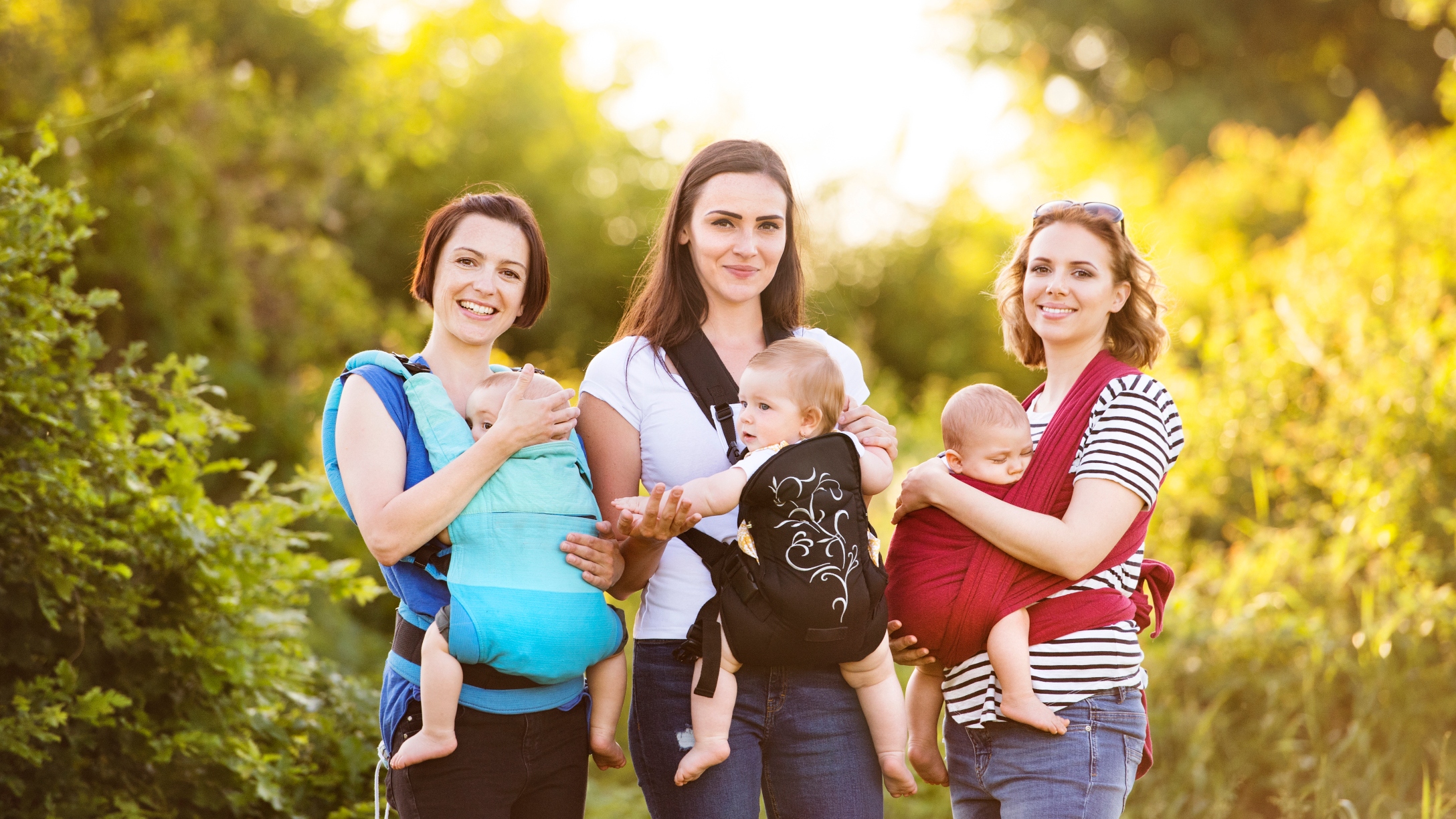
- Form a monthly book club.
- Form a bunco group and rotate homes to host.
- Form a monthly dinner club with friends [and] go to restaurants — taking turns choosing the restaurant of the month.
- Celebrate birthdays each month with a group of friends. Make it easy — everyone goes Dutch except the birthday girl/guy, whose tab is picked up by the group collectively.
- Take a class that meets regularly and meet new friends.
- Write a list of friends you want to see in the next year and make it a point to get through the list. Develop a solid plan.
- Don’t be afraid to make the first move. Two of my close friends were initially social media friends who reached out to meet in person.
- Join a group on social media that regularly meets in person.

Little interactions count, too. Meehan says, “A friendship moment might be texting a friend a pretty photo of a flower that you saw on the morning walk with the dog and the toddler and with a message saying, ‘Saw this beautiful flower and thought of you and your amazing beauty both inside and out.’ Do you and your friends really love poetry? Great! Send each other a poem once a month, then hop on a call while doing carpool pickup and discuss what you liked about the poem. Do you and your friends enjoy baking? Great! Get together before the next school bake sale and bake together!”
Stephanie Rosenfield, parent coach, sums it up, saying, “A lot of time moms put their own needs behind everyone else's — the bottom of the totem pole in their own lives. But taking care of yourself is taking care of the people around you. The benefits of mom friendships seeps into the entire family. Then, put yourself in situations where you can meet new people. Whether it be classes that your kids attend, parent events, or a pottery class for yourself. The final step is the one that feels most uncomfortable, striking up a conversation and making plans to get together — with or without kids.”



